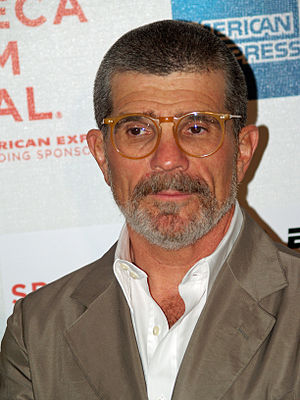To Denys Arcand, the American empire must be a North American empire, which is to say Canada and the United States (not Mexico). His film, The Fall of the American Empire (2018), after all, is set in Montreal, where there is as much hunger for ill-gotten money as in Chicago or Houston.
This movie doesn’t cut it, though. For most of its running time it isn’t dull, but Arcand is an unsatisfying writer, The Barbarian Invasions notwithstanding. It’s politically insignificant and artistically paltry.
(In French with English subtitles)




